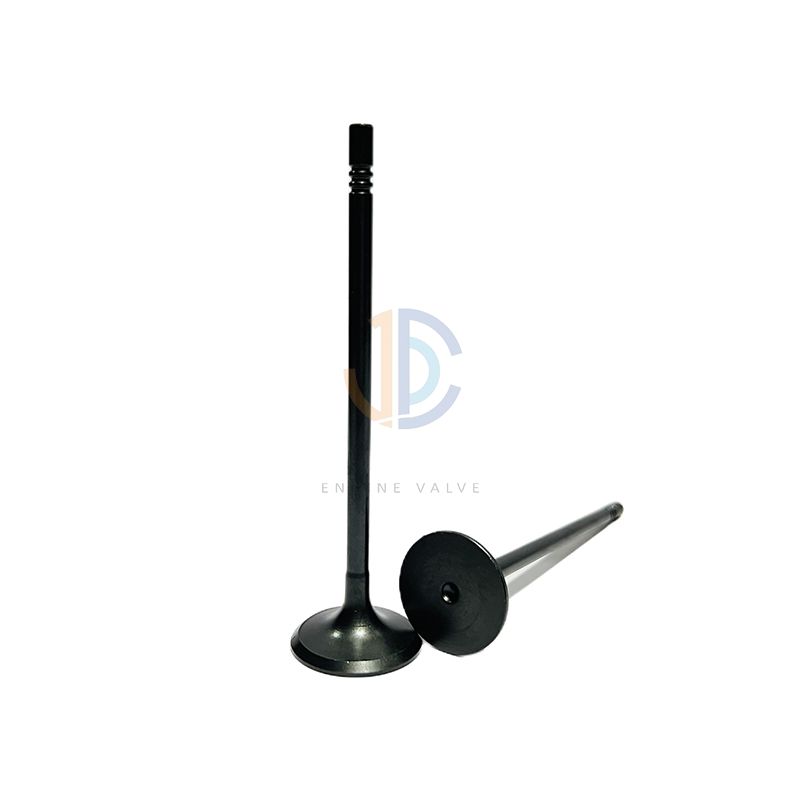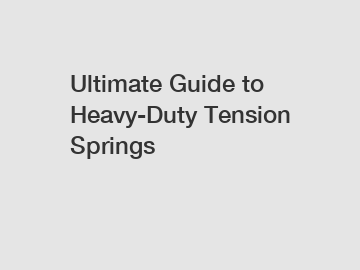What causes engine valve damage?
The engine valve is a crucial component of the internal combustion engine. It controls the flow of fuel and air into the engine and allows exhaust gases to escape. The valve undergoes a lot of wear and tear during its lifetime, which can lead to damage. In this article, we will discuss the common causes of engine valve damage.
Overheating: Engine valves are designed to operate at a specific temperature range. If the engine overheats, it can cause the valve to warp, which can lead to leaks or a lack of compression in the engine. Overheating can be caused by a variety of factors, including a malfunctioning cooling system, a low coolant level, or a clogged radiator.
Poor Lubrication: The engine valve relies on the engine oil to provide lubrication and reduce wear during operation. If the engine oil is dirty or old, it can cause the valve to wear prematurely. This can lead to leaks, reduced compression, or even valve failure. Regular oil changes and proper oil selection can help prevent valve damage.

Corrosion: Corrosion can be caused by a variety of factors, including moisture and exposure to harsh chemicals or pollutants. Corrosion can cause the valve to become pitted or weakened, which can lead to leaks or valve failure. Regular maintenance and proper storage can help prevent corrosion.
Dirt and Debris: The engine valve is exposed to a variety of dirt and debris during operation. Over time, this dirt and debris can accumulate on the valve and cause damage. Regular engine maintenance, including air filter replacements, can help prevent debris from entering the engine.
Further reading:Automobiles & Motorcycles
What is the difference between mechanical seal and oil seal?
What Materials Are Available for Oil Seals
The Best Way to Lock Your Electric Scooter
What are the pros and cons of an electric golf cart?
Demystifying Brake Discs: How They Function in Your Vehicle's Braking System
How Much Does it Cost to Replace a Radiator?
Improper Valve Adjustment: Proper valve clearance is essential for the engine to operate correctly. If the valve clearance is too tight or too loose, it can cause the valve to wear prematurely or even fail. Regular valve adjustments by a qualified mechanic can help prevent valve damage.
Impact Damage: Impact damage can be caused by a variety of factors, including foreign objects entering the engine, improper handling during installation or maintenance, or even engine knock or detonation. Impact damage can cause the valve to bend or become damaged, which can lead to leaks or valve failure.
Poor Fuel Quality: Poor quality fuel can contain contaminants that can cause damage to the engine valve. Contaminants can cause the valve to become pitted or weakened, which can lead to leaks or valve failure. Using high-quality fuel and regular fuel system maintenance can help prevent valve damage caused by poor fuel quality.
In conclusion, engine valve damage can be caused by a variety of factors, including overheating, poor lubrication, corrosion, dirt and debris, improper valve adjustment, impact damage, and poor fuel quality. Preventing valve damage is essential to the long-term performance and reliability of your engine. Regular maintenance, including oil changes, air filter replacements, and valve adjustments, can help prevent valve damage. Additionally, proper storage and handling of the engine can help prevent damage caused by corrosion or impact. By following these tips, you can help ensure that your engine valve stays in good condition and your engine runs smoothly for years to come.
How Long Do Brake Discs Last?
Exploring the Distinctions: E-Scooter vs. E-Moped
What is industrial seal?
Are semi metallic brakes shoes good?
The Role of Heavy-Duty Tension Springs in Machinery Applications
How do I know what size custom suspension springs I need?
Best 10 Automobile Shock Absorbers for Purchase?
- Previous: What is the difference between mechanical seal and oil seal?
- Next: None










